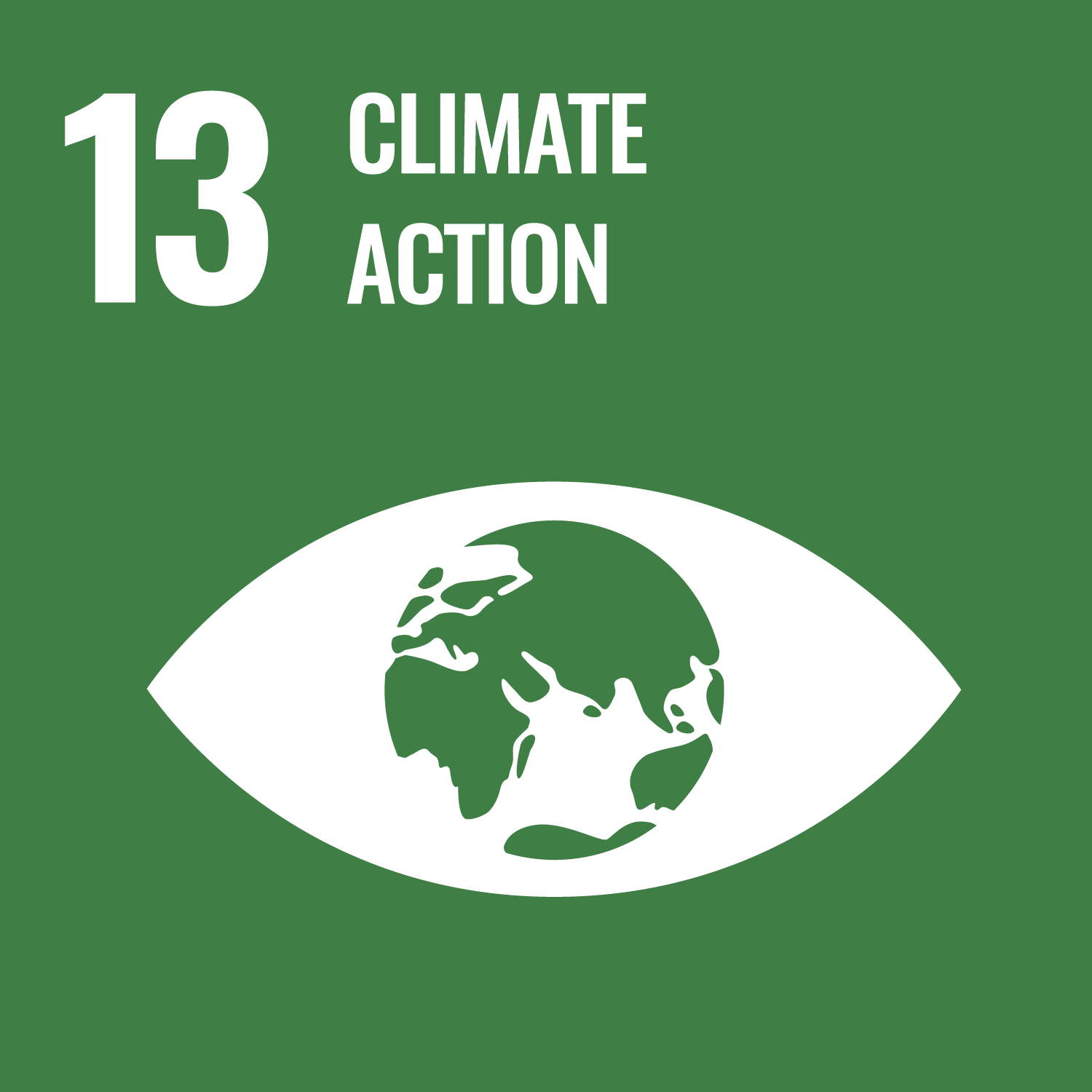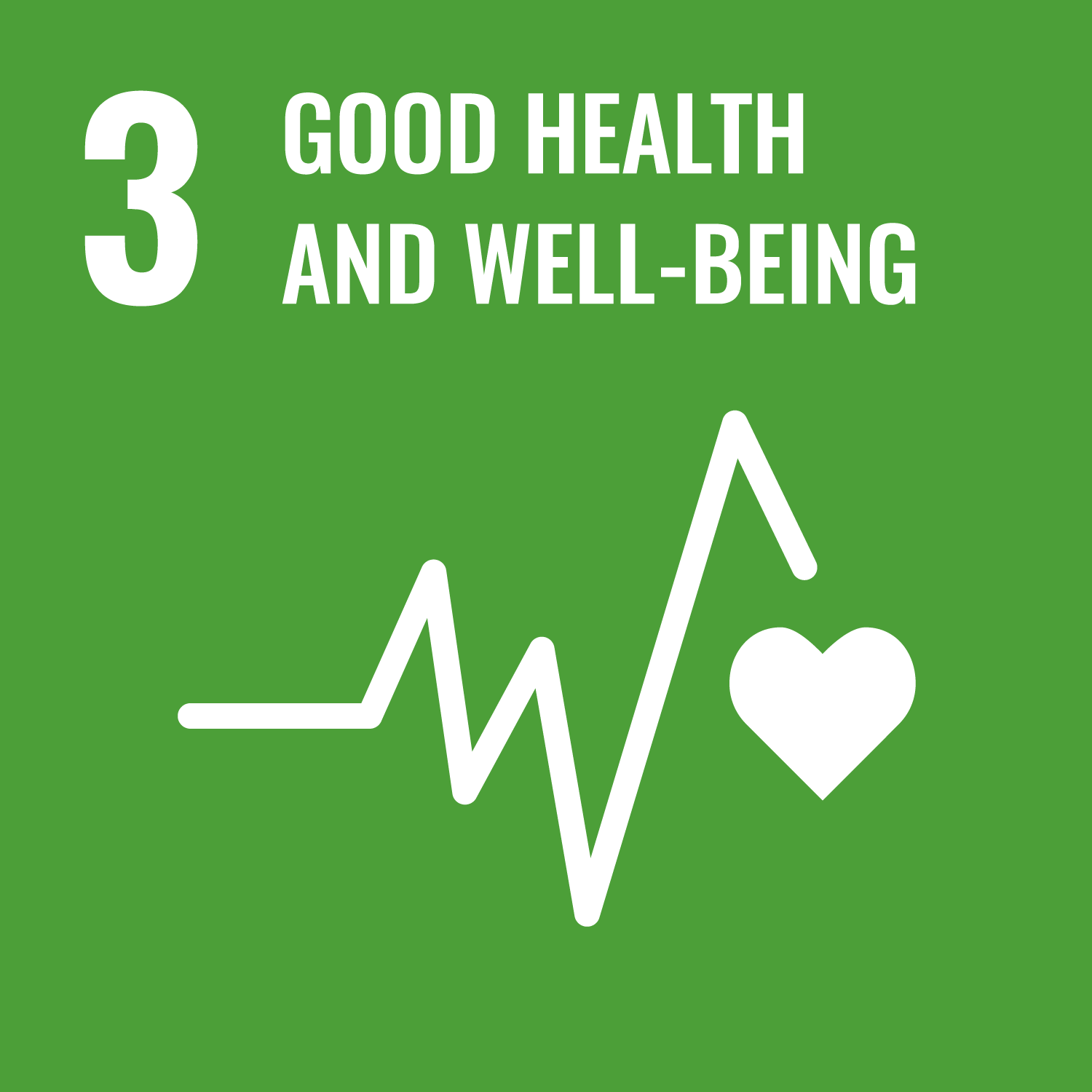
Polar areas
Exploring Polar areas to understand the Planet and its changes

In line with the polar vocation of the Trieste research system, polar research is a historical pillar of OGS activities. It began in 1971 and has been ongoing since 1988 with funding from the National Antarctic Research Program (PNRA) and the recent Arctic Research Program (PRA).
Research in the polar areas is a priority for Italy, a member of the Antarctic Treaty and an observer of the Arctic Council, as it is fundamental to understand the mechanisms regulating the global environment, topics covered by the Ocean and Cryosphere in a Changing Climate (2019) and the Horizon Europe Framework Programme (2021-2027).
As its polar research strategy, OGS pursues a multidisciplinary approach on both poles, with activities involving the use of OGS infrastructures and exploiting the existing data assets in collaboration with other research institutions and Italian and foreign universities.
OGS researchers are among the coordinators and members of the main national and international committees such as, for example, the Scientific Committee on Antarctic Research (SCAR), the International Arctic Science Committee (IASC), the National Scientific Commission for Antarctica (CSNA), the Arctic Scientific Commission (CSA) and the Arctic Table of the Ministry of Foreign Affairs and International Cooperation (MAECI).
The geological, geophysical, seismological, oceanographic, biological and logistic skills of OGS have been developed during the 13 scientific campaigns in Antarctica and the 4 in the Arctic carried out with its own research vessels (N/R OGS Explora and N/R Laura Bassi), with the participation in national and international research projects on board oceanographic vessels of other countries, and with the management of the Italo-Argentine seismometric network and the management of marine observation systems in the Arctic.
Of particular scientific importance is the contribution of OGS to the scientific drilling activities of the Antarctic continental margin within the International Ocean Discovery Program (IODP), participating in defining the objectives of the SCAR programs, coordinating the drilling of two expeditions and participating in other expeditions.
Since the 1990s, OGS has been managing the worldwide multichannel seismic data library (Antarctic Seismic Data Library System, SDLS) in collaboration with the U.S. Geological Survey until a few years ago and currently with the Lamont-Doherty Earth Observatory of Columbia University (NY, USA).
OGS also manages the network of permanent seismological stations in the Antarctic Peninsula and in Tierra del Fuego in collaboration with Argentina, contributing with the collected data to international scientific research. Moreover, OGS collaborates in the High North Program of the Italian Navy Hydrographic Institute, which guarantees a scientific collaboration space in the Arctic with the oceanographic ship Alliance.
OGS's polar research is by nature strongly interdisciplinary, embracing the four scientific and technological research facilities, and is depends closely on the coordinated use of the Institute's research infrastructures.
For the polar sciences, OGS extensively uses numerical modelling of ocean circulation, polar ice caps, and lithospheric response to the evolution of the Antarctic continent and its surrounding ocean basins, as well as petrophysical modelling and geophysical data inversion techniques.
The "Polar Areas" mission is developed according to five scientific priorities that cover the different areas of expertise of the organisation:
- Solid Earth and cryosphere;
- Monitoring Polar Ocean;
- Mapping subglacial lithosphere;
- Paleoclimate and climate change;
- Protection of polar ecosystems.











